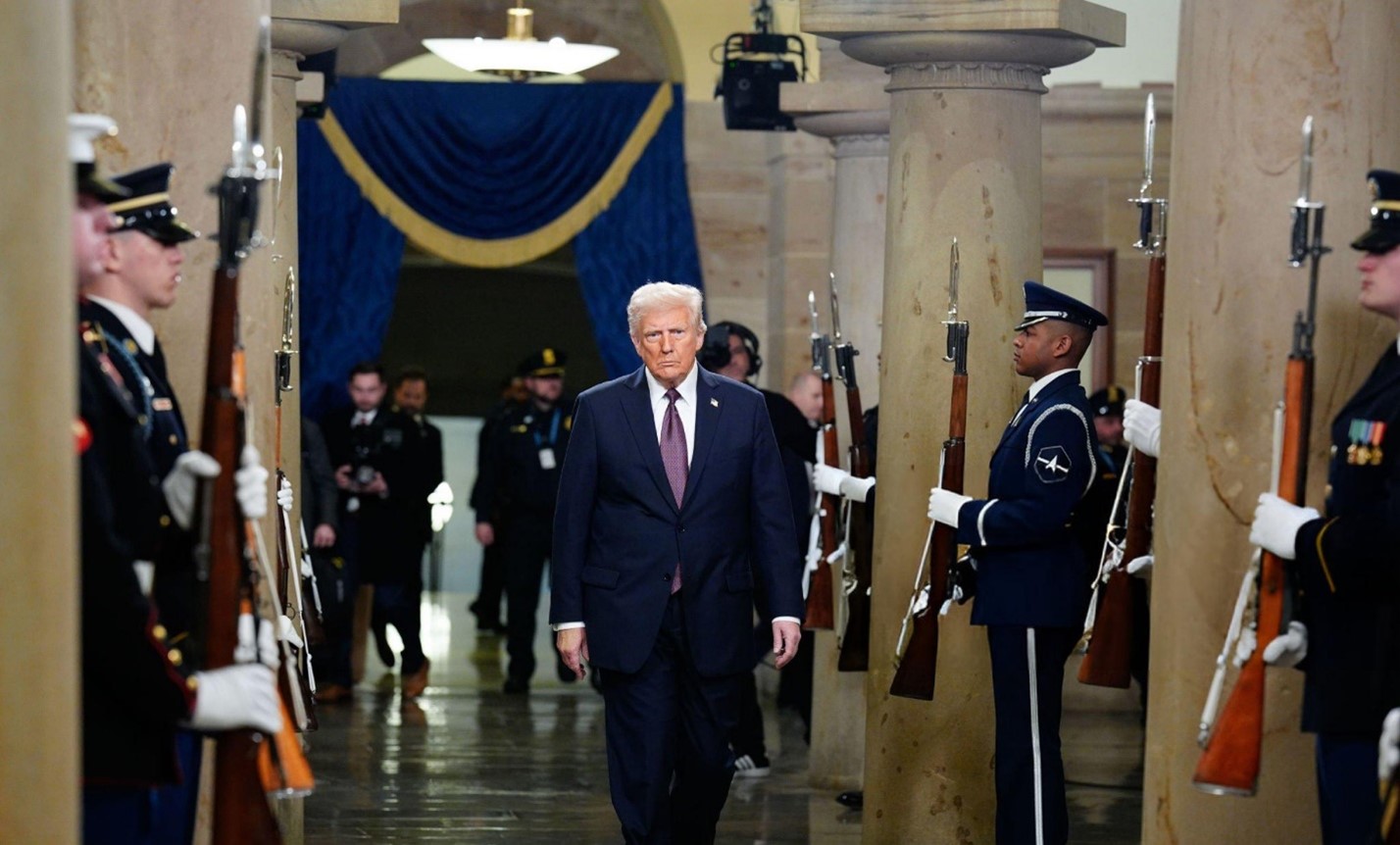Shares of Japanese automakers and South Korean battery manufacturers experienced declines on Tuesday following US President Donald Trump’s announcement of potential tariffs on Canada and Mexico and the revocation of a 2021 executive order promoting electric vehicles.
Impact on Japanese and South Korean manufacturers
President Trump’s consideration of imposing a 25 per cent tariff on imports from Canada and Mexico by February 1 sent ripples through Asian markets. Automakers from Japan and South Korea, both of which rely heavily on the North American market, are bracing for potential disruptions.
The announcement particularly affects Japanese carmakers with significant manufacturing operations in Mexico. Nissan Motor, Japan’s third-largest automaker, erased its morning gains and closed flat at 423.9 yen after briefly rising to 437.8 yen. The company operates two plants in Mexico, producing models like the Sentra and Versa for the US market. Nissan exports approximately 300,000 vehicles to the US annually, according to CEO Makoto Uchida.
Similarly, Honda Motor, which sends 80 per cent of its Mexican production to the US, saw its shares reverse early gains, closing flat at 1,483 yen. Honda’s Chief Operating Officer, Shinji Aoyama, previously warned that permanent US tariffs on imported vehicles could force the company to reconsider its production strategy.
South Korea’s Hyundai Motor, which also has operations in Mexico, saw little change in its share price. The company stated that its production in Mexico is part of a long-term global strategy and reiterated its commitment to adapting to international changes.
Battery makers take a hit
Shares of South Korean battery giants were particularly hard hit. LG Energy Solution saw a 5 per cent drop, while Samsung SDI and SK Innovation fell more than 4 per cent each. The declines came amid broader concerns about how Trump’s policies might affect the electric vehicle (EV) market, particularly after he revoked a 2021 executive order signed by former President Joe Biden. That order had aimed to make half of all new vehicles sold in the US electric by 2030.
The shift in US policy adds further uncertainty to an already volatile market, as South Korean and Japanese manufacturers face growing competition from rapidly advancing Chinese rivals.
Chinese manufacturers buck the trend
Interestingly, Chinese automakers and battery makers bucked the downward trend, with stocks opening higher. Investors were buoyed by the absence of specific measures targeting China in Trump’s inauguration speech. While Trump had previously promised tariffs on Beijing, his decision not to implement them immediately provided temporary relief to Chinese manufacturers.
Analysts weigh in
Takahide Kiuchi, executive economist at Nomura Research Institute, noted that Trump’s policy direction signals a more protectionist stance. “President Trump will remain unwavering in his intention to implement additional tariffs to resolve trade issues and reduce the US trade deficit,” Kiuchi said in a note.
He also highlighted broader concerns for the Japanese economy, warning that a slowdown in the US and global economies due to tariffs and other protectionist measures could significantly impact Japanese exports.
Government responses and concerns
Japanese Finance Minister Katsunobu Kato expressed the government’s intention to respond “appropriately” to Trump’s policies after a thorough examination. The Trump administration’s stance has raised concerns about the long-term stability of trade relationships between the US and its Asian allies.
Meanwhile, South Korean officials and companies are taking a cautious approach. Hyundai Motor emphasised its commitment to long-term strategies, signalling a willingness to adapt to the evolving global trade environment.
A shifting global market
The volatility seen in Asian markets within hours of Trump’s inauguration highlights the far-reaching implications of his policies. Japanese and South Korean manufacturers, already grappling with the transition to electric vehicles, now face additional challenges from US protectionism.
As the dust settles, it remains to be seen how Asian automakers and battery makers will navigate the uncertainties posed by the Trump administration’s trade and energy policies. For now, the markets appear to be bracing for a period of adjustment and potential upheaval.






